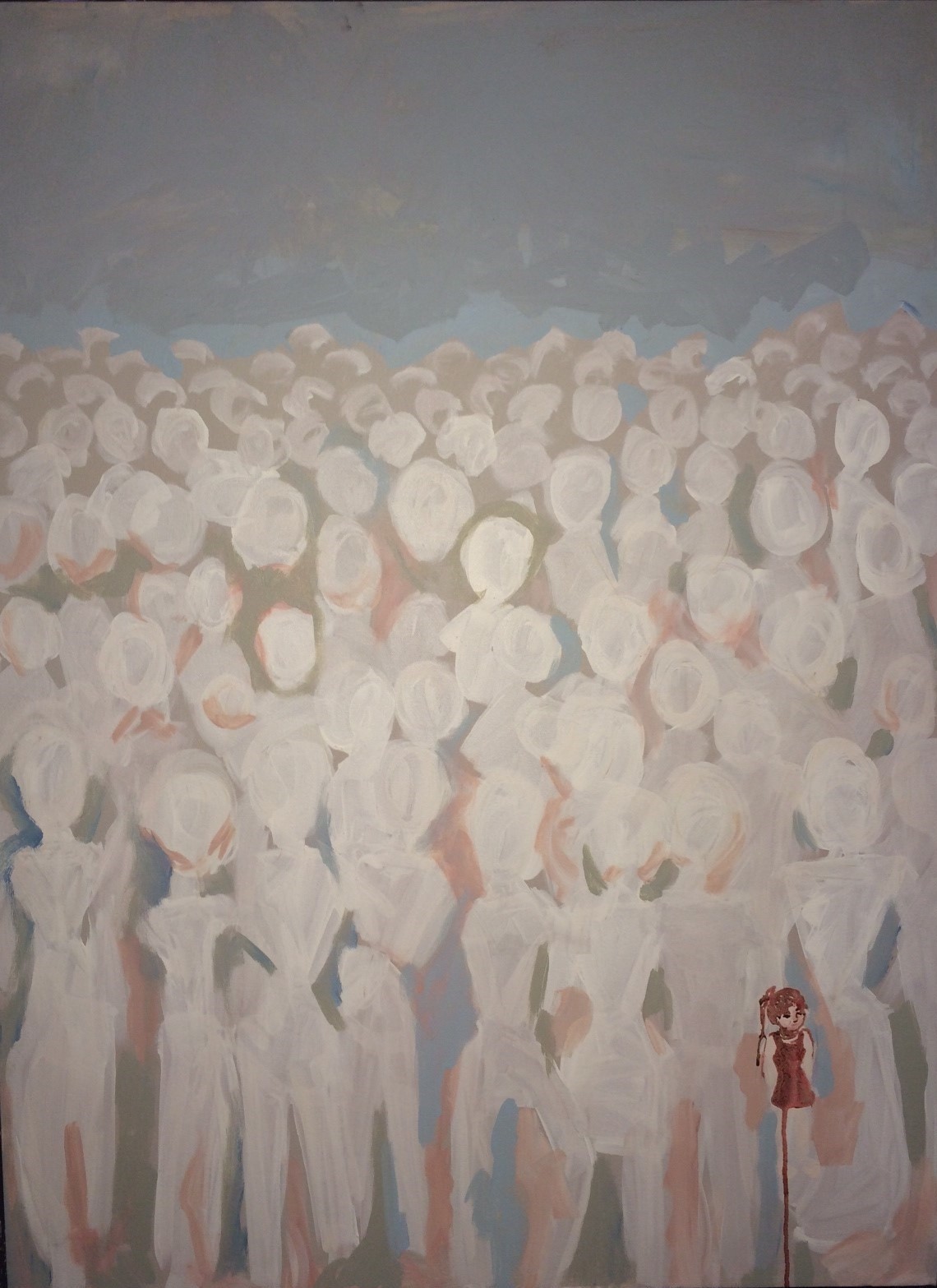Thank you, Will Baker, for a great question! I believe that it is based on two assumptions: first, that the wellbeing of the aggregate and the wellbeing of the individual are somehow opposed, thus leading us to the dilemma whether one should be chosen over the other; and, second, that wellbeing is somehow measurable. But are these two assumptions correct?
Without going into detail about what wellbeing actually is (plenty of philosophers have tried to define it and never really reached agreement!), we could follow Will’s intuition to say that the wellbeing of the “aggregate” is a sum total, or an average, of the wellbeing of the constituent individuals. Consequently, increasing the happiness of one individual will probably raise the overall happiness by relatively little, but increasing overall happiness will increase everybody’s individual wellbeing by some margin. Cultivating the wellbeing of the aggregate, should, on average, bring better returns.
It is not difficult to imagine where this could go wrong. Each one of us has different desires and life projects, so our beliefs as to what constitutes wellbeing will be radically different. Giving everybody a puppy will undeniably make society happier on average, but we must remember that (for reasons that escape me) some people might prefer kittens and would be miserable with a dog. A one-size-fits-all happiness machine distributing things that should make everybody better off on average – that is a recipe for disaster.
Should we just leave people free to cultivate their own wellbeing however they want? Imagine a situation where one person, let’s call him Jeff, increased his wellbeing to unimaginable proportions while the wellbeing of others remained the same. A look at the aggregate wellbeing would tell us that the collective is still much better off. But the wellbeing of the majority never increased; even worse, we could imagine it decreasing due to the level of inequality created by Jeff. But let us take this case to an even greater extreme. Imagine that what makes Jeff tick is something that prohibits others from increasing their wellbeing or that even reduces it, like hoarding all the puppies for himself. The aggregate wellbeing would still be much higher than before, but in this situation Jeff would enjoy having all the puppies, while everyone else was left miserable.
What does this thought experiment teach us? Well, you could say not that much, because it is simply preposterous, like all thought experiments. But at some level it shows that cultivating wellbeing does not mean choosing one of the two mutually exclusive options presented in Will’s question, as simply focusing on either of them could lead to undesirable consequences. More importantly, though, it demonstrates that individual and collective wellbeing are not exactly the same and maybe they should not be directly compared, especially not when they are measured on the same numerical scale. While it is true that they are related to some extent, the private and the public good often require and lead to altogether different things. The right question is not whether we should pick one or the other, but how to balance and negotiate the two so as to maximise the advantages while avoiding the pitfalls.
What do you think? The individual or the masses – whose wellbeing should we prioritise? Let us know in the comments.
And, as always, if you have a question for the Armchair Philosophers, don’t hesitate to get in touch. You could send us a message or fill in this form.
Image: Artwork by Emma Ehrenthal (2014) (credit)
I did a BA and MA in Philosophy at the University of Warsaw, where I focused on philosophy of technology, hermeneutics and social philosophy with a Marxist slant (which I was suprisingly able to combine in my MA thesis on Gianni Vattimo). I am currently working on a PhD at Dublin City University, where I research self-tracking technologies and practices from the perspective of virtue ethics. My favourite philosophical idea is that our understanding and beliefs change across history and cultures together with material circumstances and the interpretative context – they are ultimately the result of our choices and critiques.

